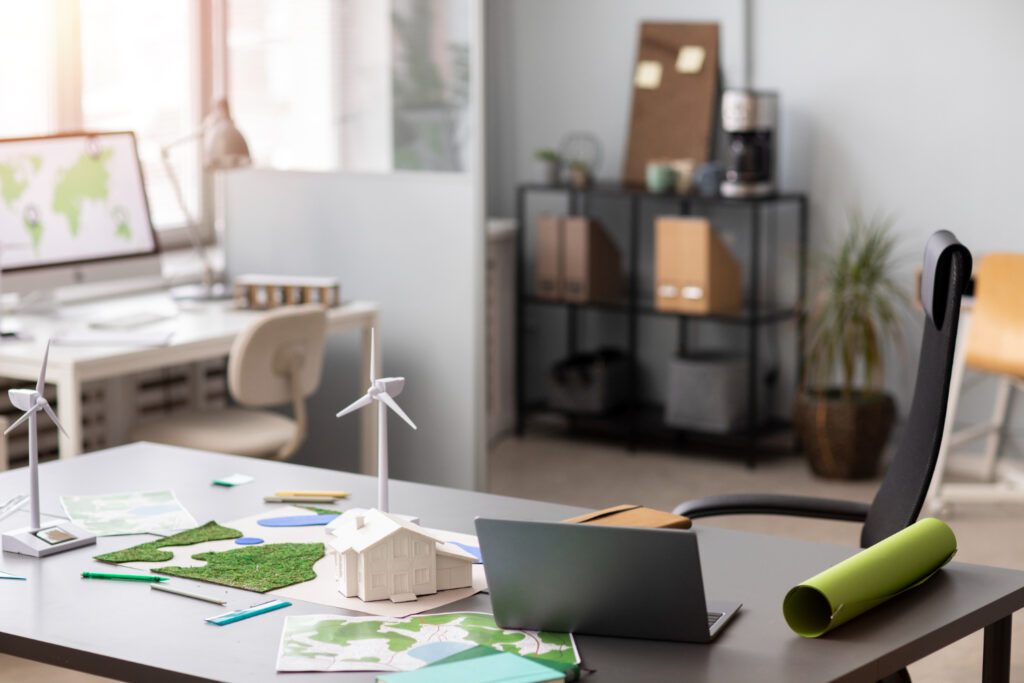Sustainable House Construction: Build Greener with Divine House

Why Sustainability Matters in Home Building
Rising energy costs, dwindling resources, and stricter environmental norms push owners toward greener choices, making sustainable house construction an increasingly popular option. A sustainably built home lowers utility bills, improves indoor air quality, and increases long‑term property value while reducing your carbon footprint.
Core Principles of Sustainable House Construction
| Principle | What It Means | Divine House Approach |
|---|---|---|
| Energy Efficiency | Reduce operational energy use through design and technology. | Passive solar orientation, high‑performance glazing, LED lighting, smart automation. |
| Resource Conservation | Use fewer raw materials and minimise waste. | Optimised floor plans, precut framing, on‑site waste segregation. |
| Water Management | Harvest, reuse, and conserve water. | Rainwater harvesting tanks, low‑flow fixtures, grey‑water recycling. |
| Healthy Interiors | Limit VOCs, improve air flow, boost wellbeing. | Low‑VOC paints, cross‑ventilated layouts, toxin‑free finishes. |
| Local Adaptation | Design for regional climate and culture. | Materials sourced within Karnataka, climate‑responsive roofs, Vastu‑aligned spaces. |
Eco‑Friendly Building Materials to Consider
- Fly‑ash Bricks & AAC Blocks – lighter, high insulation, lower embodied energy.
- Recycled Steel – strong framing with reduced mining impact.
- Bamboo & Engineered Timber – rapidly renewable alternatives to hardwood.
- Cool Roof Tiles – reflect heat, keep interiors comfortable.
- Low‑VOC Paints & Sealants – healthier indoor air.
Smart Design Strategies for a Greener Home
- Passive Solar Orientation: place living areas north‑east to capture morning light and cut cooling loads.
- Cross‑Ventilation: align windows and ventilators for natural airflow—essential in Bangalore’s climate.
- Green Roofs & Vertical Gardens: improve insulation and air quality.
- Multipurpose Spaces: flexible rooms reduce overall square footage without sacrificing comfort.
Cost‑Saving Benefits of Sustainable Construction
Contrary to myth, going green doesn’t always mean spending more. Though certain materials cost extra up‑front, life‑cycle savings are substantial:
- 30–50 % lower electricity bills via efficient HVAC and lighting.
- Up to 40 % less water consumption with rainwater harvesting and low‑flow fixtures.
- Higher resale value as buyers increasingly prioritize eco‑credentials.
Incentives & Certifications in Karnataka
- Solar Net‑Metering credits excess power.
- Green Building Rating Systems (IGBC, GRIHA) offer fee rebates and faster approvals.
- Property‑tax concessions for rainwater harvesting installations in Bengaluru.
How Divine House Delivers Sustainable Builds
Divine House integrates sustainability from blueprint to handover:
- Site Assessment & Climate Analysis to optimise layout.
- Material Procurement favouring local, recycled, and certified products.
- Tech‑Enabled Project Tracking ensures minimal wastage and on‑time delivery.
- Quality Audits (QASCON) with over 470 checks, including energy‑efficiency metrics.
- Post‑Handover Support on maintenance, solar panel care, and landscape management.
Client Success Story: Green Villa in Whitefield
A 2,400 sq ft duplex achieved a 28 % reduction in energy use and 35 % water savings. Features included solar PV roof, insulated AAC walls, and grey‑water recycling—designed and built end‑to‑end by Divine House.
Steps to Start Your Sustainable Home Journey
- Define Priorities & Budget
- Consult Divine House Sustainability Experts
- Custom Eco‑Design & Cost Estimate
- Approve Materials & Timeline
- Monitor Construction via Client App
- Move In & Enjoy a Greener Lifestyle
FAQs
Up‑front costs can be 3‑8 % higher, but utility savings often pay back within 3–5 years.
Yes. Divine House can retrofit insulation, solar panels, and rainwater systems into many designs.
Grid‑tied rooftop solar PV offers the quickest ROI due to high sunshine levels and net‑metering.
Most 2,000‑3,000 sq ft homes finish in 9–12 months under Divine House’s streamlined process.
Ready to Build an Eco‑Friendly Home?
Contact Divine House for a free, no‑obligation consultation and discover how sustainable house construction can elevate your living experience while protecting the planet.
Follow us on – Instagram
